There are five food groups. Protein is one. It includes foods like meat, fish, beans, seeds, eggs, and soy. Body builders load up on protein as do other athletes. It helps our bodies in so many ways, but there are nasty consequences if you eat too much of it.
1. Dehydration
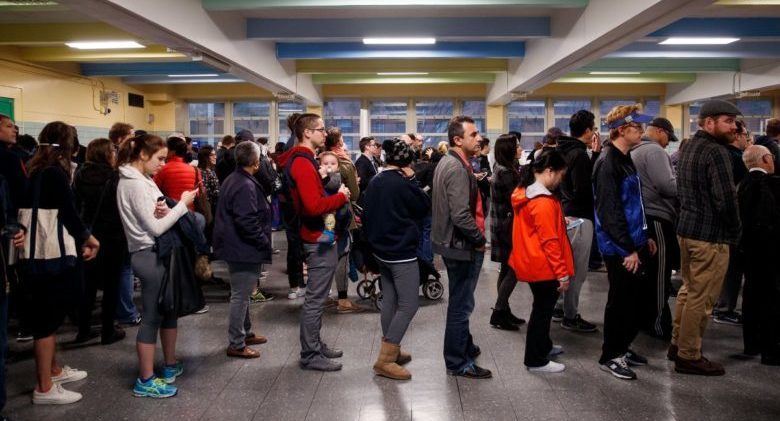
Caroline picked the wrong time to start a high-protein, low-carb diet. She went to the DMV but forgot her water bottle. Eating extra protein makes you extra thirsty, and it seemed every time the line moved, Caroline had to visit the water fountain. The people behind her grumbled. The added protein makes kidneys work harder to remove the increased nitrogen waste. Dehydration follows. Drink, Caroline, drink.
2. Bad Breath
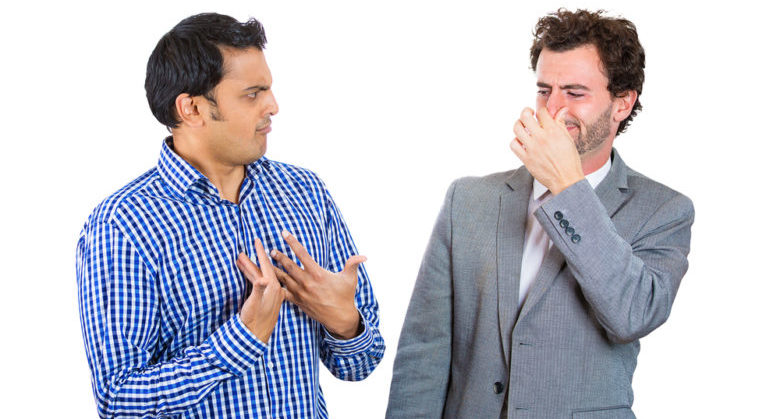
“Why does my breath stink like ammonia?!” Raj wondered after he started a high-protein diet. “Mints, gum, mouthwash and brushing my teeth after meals don’t help.” Well, Raj, the problem is the protein. Too much of it, as your diet requires, causes your body to burn fat. This releases a chemical called ketones. When ketones escapes from your mouth, you’ll notice people backing away from you. Mints don’t help because the smell is coming from beyond the mouth.
3. Weaker Bones
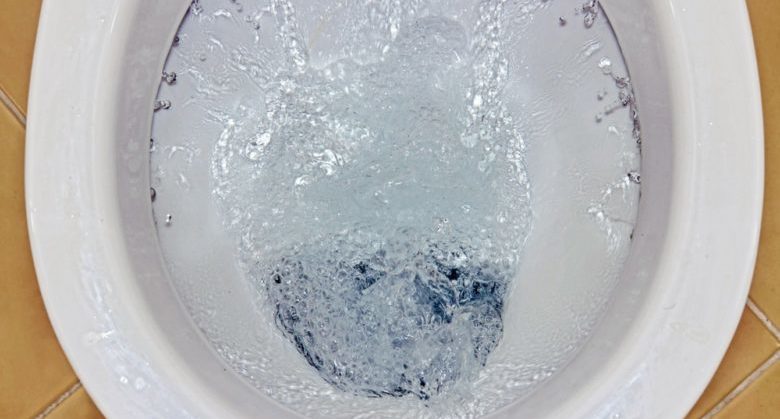
The more protein you put in your mouth, the more calcium you’ll deposit in the toilet. Why? Two guys at the University of Alabama may have the answer. It seems protein creates acids in the body that bind to calcium. Then, somehow, the two search for the quickest exit. If you don’t replenish the calcium that goes down the drain, it could mean osteoporosis later in life.
4. Weight Gain
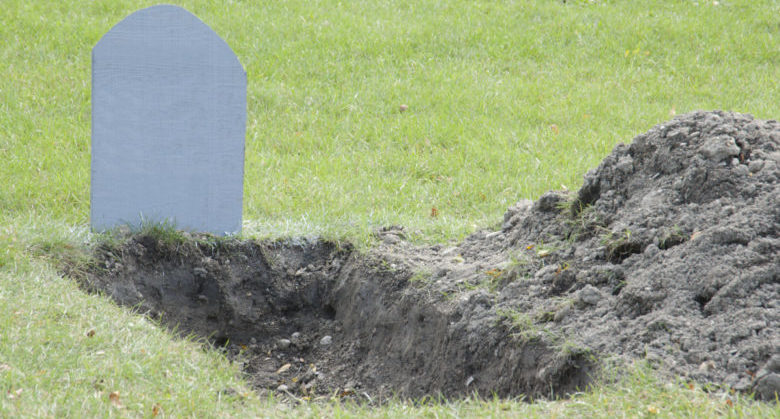
In 2003, Scott M. happily joined 7,000 others in a dietary weight study. His joy increased when he learned he was in the group that would make protein one-fifth of their daily diet. “Steak and eggs for breakfast!” he thought. However, things went south for Scott. Like the others in his protein-heavy group, Scott actually gained weight. He was also one of several high-protein eaters who died before the study concluded six years later.
5. Yeast Infections

If you’re bulking up or trying to slim down and protein is your tool, you could be in for a surprise: your very own yeast infection. That’s what happened to Tyler as the added protein he ate elevated his blood sugar level. “I thought I got it from my girlfriend, but my doctor did a urinalysis and found high levels of protein.” Protein contains glutamine which feeds yeast. “This is brutal,” he posted. (His words were more colorful, but we edited for discretionary purposes.)
6. Protein Benefits
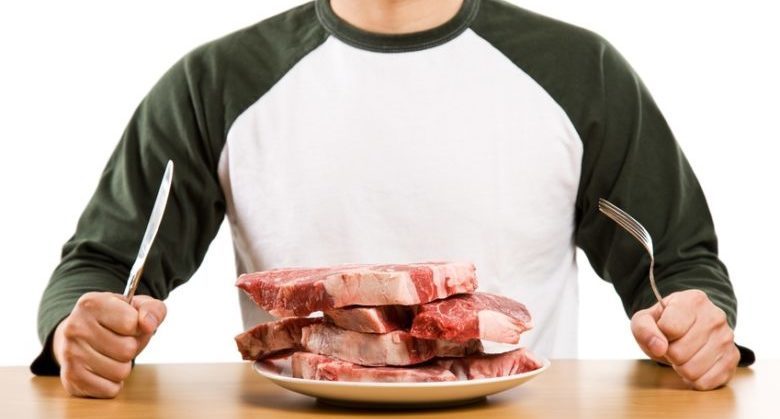
Let’s give protein its due props. It’s an essential nutrient that helps your body repair tissue, make enzymes and hormones, provide vital chemicals, and serve as the building block of bones, skin, blood, and muscle. It also provides energy. That said, you just have to be careful not to overdo how much you eat which can happen, for instance, with diets that remove carbs.
7. Bad Mood

You know that guy on your street who yells at kids if a ball goes on his lawn? And grunts if you say, “Hello”? Turns out he has a problem: he’s on a fat-busting diet…and he’s eating way too much protein. Besides probably needing more fiber (wink, wink) the carbohydrates he’s skipping is starving his brain of the sugars it needs to regulate his mood. If you want to get him to change out of his cranky pants, bring him a soft pretzel. The carbs will do his attitude good.
8. Poor Focus

Depriving your brain of the sugars from carbohydrates can also possibly diminish your ability to focus. Just ask Mitch F. He went on the Atkins Diet and two days later he was on a popular discussion board wondering why his brain was foggy. Your noggin needs the glucose from carbs, Mitch! However, there is a study that shows for some people, the brain can adapt to “feeding” off of protein.
9. Constipation

Imagine Tony’s surprise when he learned it was the protein shakes that bound him up. Even in delicious liquid form, too much protein can lead to dehydration and that often leads to constipation…and a face only a mother could love.
10. Bodybuilding
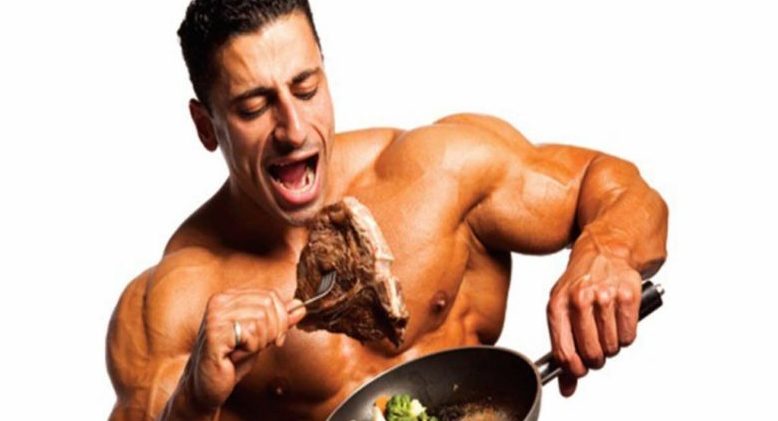
These warnings might not apply to bodybuilders. In an article on bodybuilding.com, the author recommends and offers support for eating 4X the doctor-recommended daily intake of protein when the goal is to bulk up. He acknowledges the potential tax the additional protein has on the kidneys and simply recommends drinking plenty more water.
11. Recommended Daily Amount (RDA)

Calculate your weight in kilograms and multiply that by 0.8. (Or just multiply your lbs by .36.) The answer is how many grams of protein your body needs each day…the basic nutritional requirement. According to WebMD.com, the average non-sedentary man needs 56 grams of protein each day and non-sedentary women need 46 grams of protein a day. See what that looks like in the next slide.
12. How Much Protein Is In That?
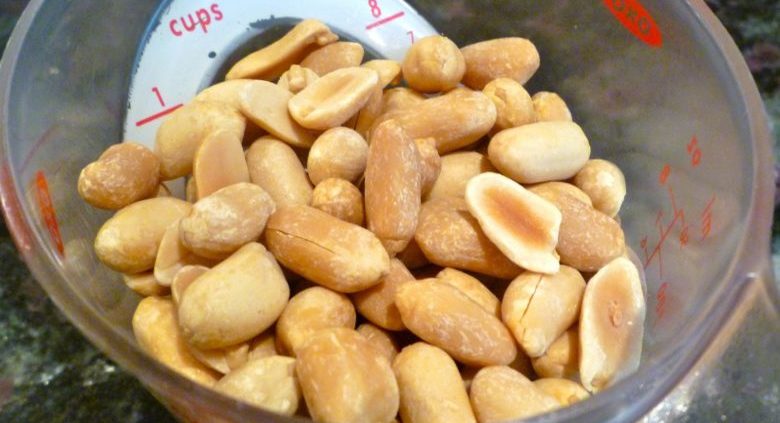
1 cup of peanuts = 38 grams of protein
1 cup of whole almonds = 30 grams of protein
one 251 gram T-bone steak (trimmed to ¼” fat) = 48.67 grams of protein.
½ fillet of raw salmon (198 grams) = 40 grams of protein
½ chicken without the bone (299 grams) = 82 grams of protein
13. Sources

You can get protein from eggs, soy, seafood, dairy, beans, poultry, meat (go for lean), pork, and vegetables such as edamame, lentils, broccoli and even little green peas.
[Featured Image Credit: uglfitness.com]
